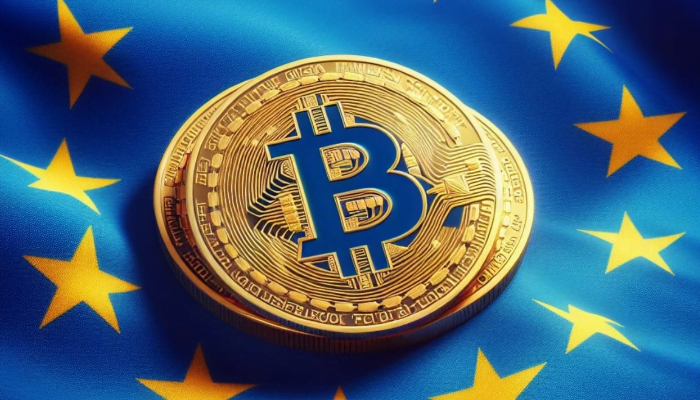Explore the implications of the EU’s new anti-money laundering laws, which prohibit service providers from offering services to anonymous cryptocurrency accounts. Learn how these regulations aim to combat criminal activities and their potential impact on the cryptocurrency market.
The European Union (EU) has taken a significant step in combating money laundering and terrorist financing by passing stringent laws targeting anonymous cryptocurrency accounts. The approved proposal, aimed at preventing the illicit use of the financial system, marks a pivotal moment in regulatory oversight within the cryptocurrency space.
According to the newly enacted laws, asset service providers are now prohibited from offering services to anonymous currency accounts. This move is a response to the perceived risks associated with the anonymity of assets, which are often exploited for criminal activities.
The EU’s decision underscores its commitment to ensuring transparency and accountability within the financial sector. By banning anonymous asset accounts, regulators aim to enhance the traceability of transactions and mitigate the potential for misuse in criminal endeavors.
The legislation specifically targets privacy-enhancing currencies and anonymous accounts that hinder the traceability of transactions. Assets such as monero and those anonymized through mixing protocols like Tornado Cash are likely to be affected by these regulations.
It is worth noting that these regulations do not extend to hardware or software providers, nor do they apply to providers of unhosted wallets that lack direct control over users’ crypto asset wallets. This nuanced approach reflects the EU’s efforts to balance regulatory oversight with innovation in the currency industry.
However, not all stakeholders are in favor of these measures. Some critics, including Patrick Breyer, a member of the European Parliament, have voiced concerns about the potential negative consequences of the ban. Nevertheless, proponents argue that the regulations are necessary to safeguard the integrity of the financial system and protect investors from illicit activities.
As the cryptocurrency landscape continues to evolve, regulatory scrutiny is likely to increase. The EU’s latest measures serve as a reminder of the importance of compliance and transparency in the burgeoning digital asset market.
In conclusion, while the EU’s crackdown on anonymous crypto asset accounts may pose challenges for some market participants, it reflects a broader commitment to combating financial crime and ensuring the legitimacy of the cryptocurrency ecosystem.
